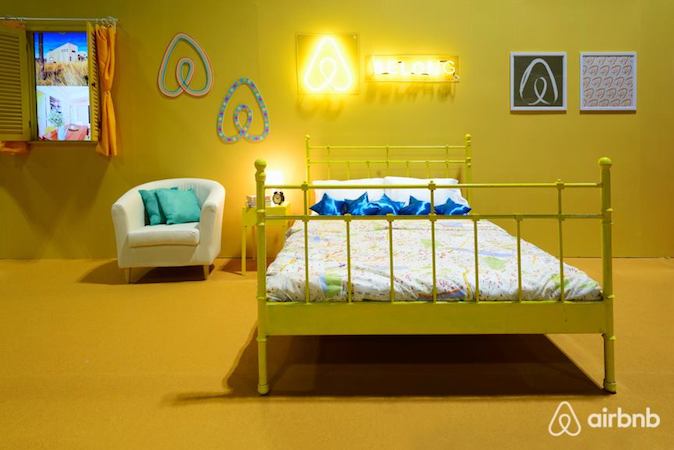Looking to rent out your apartment while you’re away over Christmas? You might want to think twice. Hong Kong is eyeing ways to make it easier for authorities to prosecute Airbnb hosts and anyone else who charges guests to stay in their apartment.
In a written response to a lawmaker’s question released on Wednesday, Secretary for Home Affairs Lau Kong-wah said the Home Affairs Department (HAD) has completed a review of the Hotel and Guesthouse Accommodation Ordinance, and has proposed to introduce legislation that would make short-term rentals a “strict liability offense”.
Though the current law already requires any premises charging a fee for accommodation for a period fewer than 28 days to have a license, the proposed changes would make it easier for regulators to prove the law is being broken by allowing the use of “circumstantial evidence” in cases against owners or tenants.
“HAD hopes that the new provision will effectively relieve OLA’s [the Office of the Licensing Authority] burden of proof, so that it may instigate prosecution against the genuine owners and operators of unlicensed hotels/guesthouses,” Lau said.
Under current law, operating an unlicensed hotel or guest house carries a maximum penalty of HK$200,000 (US$25,600) and two years in prison. There is also an additional HK$20,000 fine for each day the offense continues.
Lau said the proposal could be introduced to the Legislative Council next year and that the OLA would step up efforts to combat unlicensed hotels and guesthouses booked through electronic platforms.
He added that the new provision would also include a statutory defense for innocent parties who do not control the premises concerned.
Lau’s comments were in response to a written question by lawmaker Dr Elizabeth Quat from pro-Beijing party the Democratic Alliance for the Betterment and Progress of Hong Kong.
Quat voiced concern that within private housing estates, some operators of home-stay lodgings were providing their guests with resident cards in order to use facilities at the estates’ clubhouse, which she said “undermines the interests of residents”.
The lawmaker also said that such home-stay lodgings also gave rise to security concerns within the buildings where they were located.
Hong Kong is far from the only city where authorities are trying to regulate Airbnb.
In October last year, New York Governor Andrew Cuomo signed into law a bill that makes it illegal to advertise unoccupied apartments for fewer then 30 days on short-term home rental sites like Airbnb, and in Barcelona, the company was fined €30,000 in 2014 for breaching local tourism laws, which state that any apartment rented to tourists must be registered with the Tourism Registry of Catalonia.
But it’s not all doom and gloom for some homeowners in Hong Kong. Lau said that as of Sept. 30, 143 village-type houses in the New Territories have been award valid licenses to operate as “home-stay lodgings”.





Reader Interactions